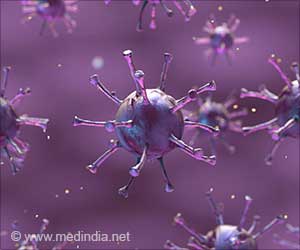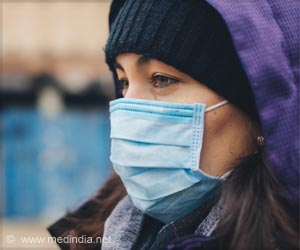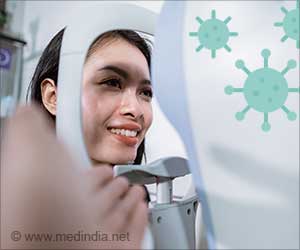Mothers who were vaccinated against Covid-19 were found to have high levels of antibodies in their breast milk, which could neutralize against SARS-CoV-2.

‘Antibodies are produced in breast milk, however, it’s not known yet if the breast milk antibodies can provide protection against COVID for nursing children.’





The study, titled “Comparison of human milk antibody induction, persistence, and neutralizing capacity in response to SARS-CoV-2 infection versus mRNA vaccination” was funded by The National Institute of Allergy and Infectious Diseases (NIAID) with in-kind support from Medela LLC.Samples were collected from 77 mothers - 47 in the infected group, 30 in the vaccine group – to determine the level of antibodies in breast milk over time.
Mothers who had disease-acquired immunity produced high levels of Immunoglobulin A (IgA) antibodies against the virus in breast milk, while vaccine-acquired immunity produced robust Immunoglobulin G (IgG) antibodies.
Both antibodies provided neutralization against SARS-CoV-2, the first time such evidence has been discovered for both IgA and IgG antibodies, according to study co-author Bridget Young, Ph.D., assistant professor in the Division of Pediatric Allergy and Immunology at URMC.
“It’s one thing to measure antibody concentrations, but it’s another to say that antibodies are functional and can neutralize the SARS-CoV-2 virus,” said Young, “One of the exciting findings in this work is that breast milk from both mothers with COVID-19 infection, and from mothers receiving mRNA vaccination contained these active antibodies that were able to neutralize the virus.”
Advertisement
For vaccinated mothers, the study found evidence of a mild-to-modest decline in antibodies – on average - three months post-vaccination.
Advertisement
Both Young and Jarvinen-Seppo emphasize, however, that while the antibody response exists, it’s not yet shown whether these breast milk antibodies can provide protection against COVID for nursing children.
“The study does not imply that children would be protected from illness,” said Jarvinen-Seppo, “and breast milk antibodies may not be a substitute for vaccination for infants and children, once approved.”
For the next phase of the study, URMC researchers are looking to find evidence whether both vaccination and illness-acquired immunity provide antibodies against other seasonal coronaviruses.
Source-Eurekalert















